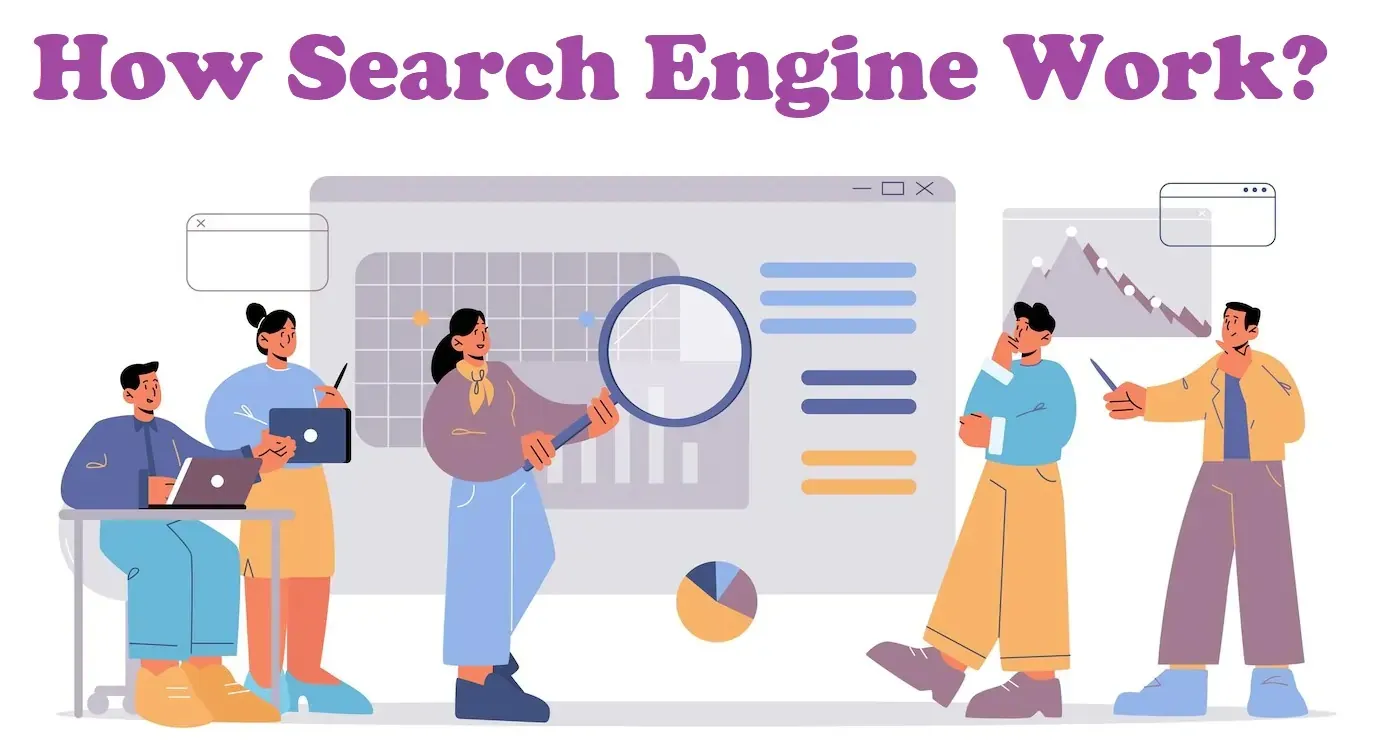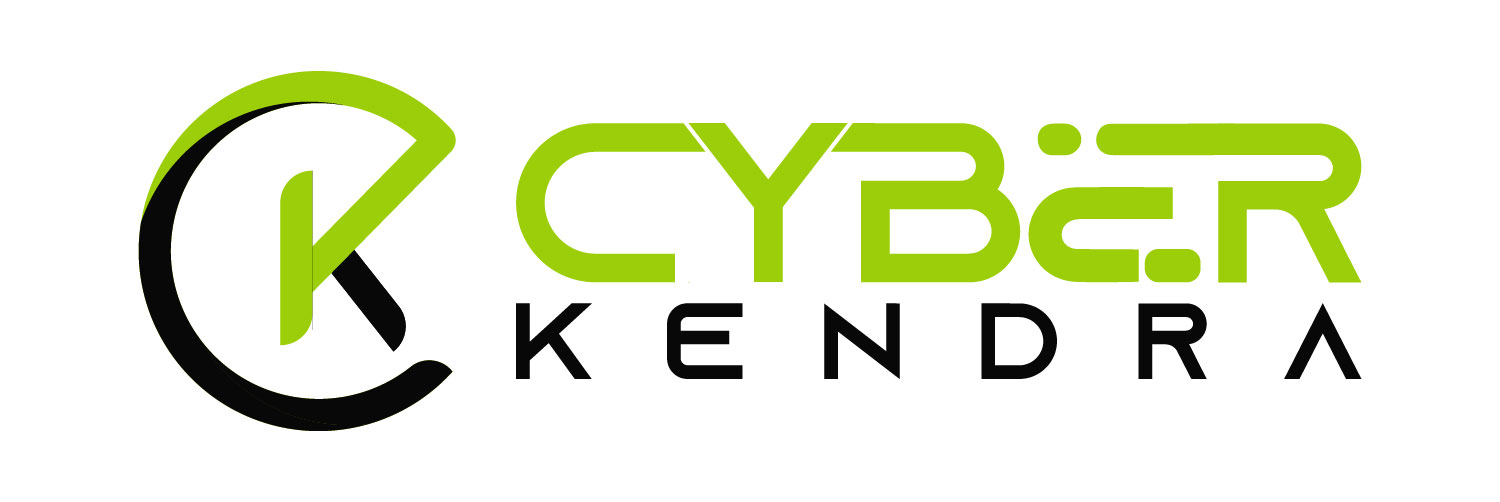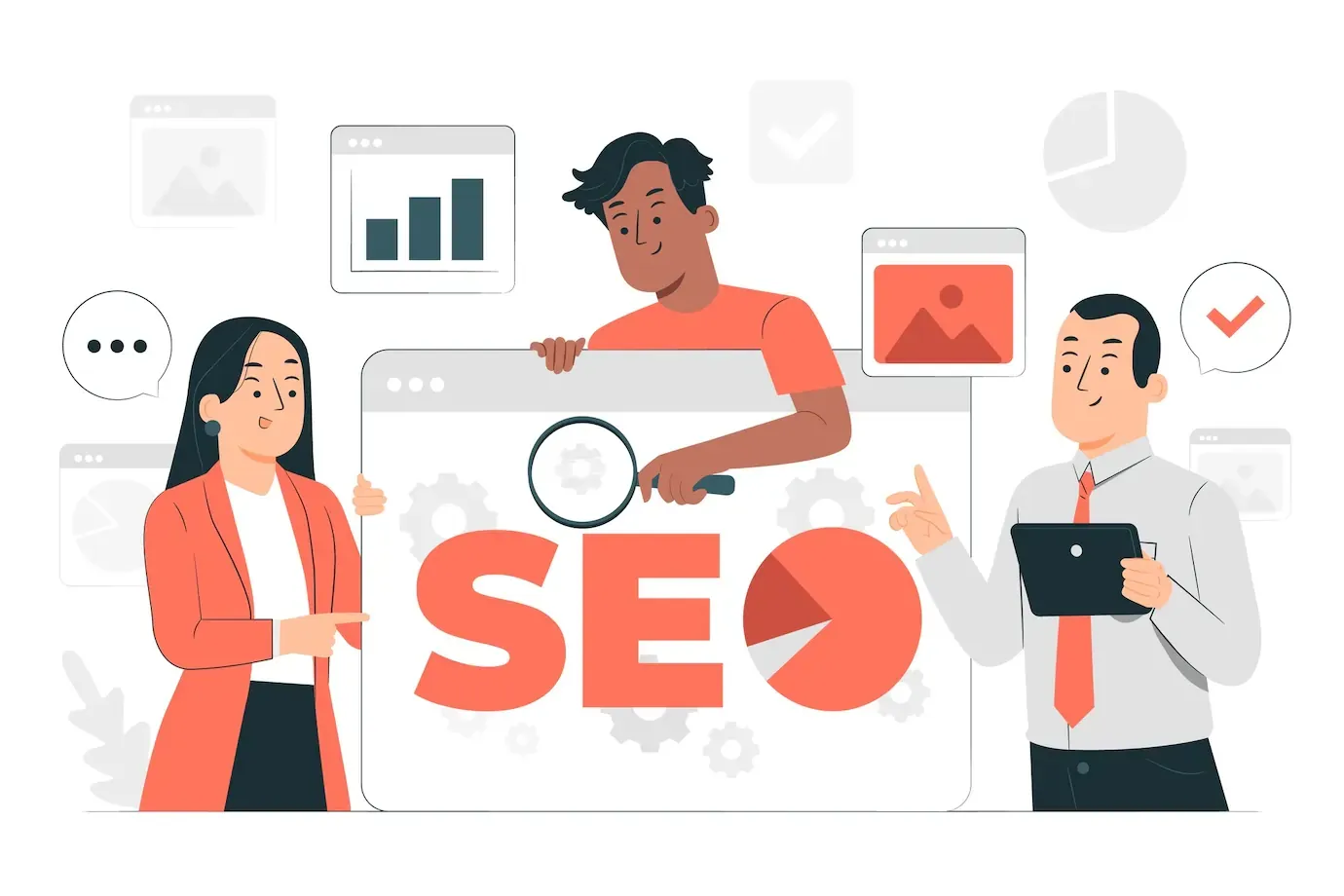How Search Engines Work

What is a Search Engine?
A search engine is a software program designed to search the internet for specific information based on the user's query. It gathers, organizes, and presents relevant results from various websites in a systematic manner, making it easier for users to find the desired information.
Components of a Search Engine
To understand how search engines work, we must first understand their three main components: web crawlers, indexing, and ranking algorithms.
Web Crawlers
Web crawlers, also known as spiders or bots, are automated programs that systematically browse the internet to discover and catalog new and updated web pages.
How Web Crawlers Work
Web crawlers start by visiting a list of known websites and following the links on these pages to discover more websites. They gather data from the websites, such as the content, meta tags, and links, and send this information back to the search engine for indexing. This process is repeated continuously to keep the search engine's index updated with the latest information.
Indexing
Indexing is the process of organizing and storing the data collected by web crawlers in a massive database called the search index.
Indexing Process
During indexing, the search engine analyzes the content of each web page, extracts relevant information, and assigns it a unique identifier. This information is then stored in the search index, which is used to quickly retrieve relevant results when a user submits a query.
Ranking Algorithm
A ranking algorithm is a set of rules and mathematical formulas used by search engines to determine the relevance and importance of web pages in their index. These algorithms consider various factors to rank websites and present the most relevant results to the user.
Factors Affecting Ranking
Some of the key factors that affect a website's ranking include:
- Keyword usage
- Quality and relevance of content
- Number and quality of backlinks
- User experience signals (e.g., click-through rate, bounce rate)
- Social media engagement
- Technical factors (e.g., mobile-friendliness, site speed)
Search Engine Optimization (SEO)
Search Engine Optimization (SEO) is the process of optimizing your website to rank higher in search engine results pages (SERPs) and drive organic traffic. It's an essential digital marketing strategy for businesses looking to increase their online visibility and reach a wider audience.
SEO is crucial for any online business as it helps you reach potential customers who are actively searching for products or services similar to yours. A well-optimized website can improve your search engine rankings, increase your visibility, and attract more targeted traffic, ultimately leading to higher conversions and revenue.
SEO can be divided into two main categories: On-page SEO and Off-page SEO
- On-page SEO: On-page SEO refers to the optimization of individual web pages to rank higher in search results and drive more relevant traffic. This includes optimizing various elements of your website, such as:
- Keyword Research: Keyword research is the foundation of SEO. It involves identifying the keywords and phrases that your target audience uses to search for information, products, or services related to your business. By targeting these keywords, you can create content that aligns with your audience's needs and rank higher in SERPs. There are numerous tools available for keyword research, including Google Keyword Planner, SEMrush, Ahrefs, Moz, and Ubersuggest. These tools can help you find keyword ideas, analyze search volume, and determine keyword difficulty.
- Title Tags: Title tags are an important ranking factor and should include your target keyword. Keep them concise and relevant to the content on the page.
- Meta Descriptions: Meta descriptions provide a brief summary of your web page content. They should be compelling and include your target keyword to encourage users to click on your page.
- Header Tags: Header tags (H1, H2, H3, and H4) help search engines understand the structure of your content. Use them to organize your content and include your target keywords for better SEO performance.
- Image Optimization: Optimize your images by using descriptive file names, adding alt text with relevant keywords, and compressing them to reduce file size.
- URL Structure: Create clean, easy-to-read URLs that include your target keyword. This makes it easier for search engines and users to understand the content of your page.
- Internal Linking: Internal linking helps search engines crawl and index your site more effectively. Use relevant anchor text and links to related content on your website to improve user experience and SEO.
- Off-page SEO: Off-page SEO refers to techniques used to improve your website's authority and trustworthiness through external sources, such as:
- Backlinks: Backlinks, or inbound links, are links from other websites pointing to your site. High-quality backlinks from reputable sources can improve your search engine rankings and increase your site's credibility.
- Social Media: Social media platforms can help you promote your content, increase brand awareness, and drive traffic to your site. Engage with your audience and share valuable content to improve your off-page SEO.
- Guest Posting: Guest posting involves writing and publishing content on other websites in your niche. This can help you build relationships with industry influencers, gain backlinks, and increase your online visibility.
Technical SEO
Technical SEO focuses on improving the technical aspects of your website to enhance its performance in search engines. Key components include:- Site Speed: A fast-loading website provides a better user experience and can improve your search engine rankings. Optimize your site's speed by compressing images, enabling browser caching, and reducing server response time.
- Mobile Friendliness: Ensure your website is mobile-friendly to cater to the increasing number of users accessing the internet through mobile devices. Use responsive design and optimize your content for smaller screens.
- XML Sitemaps: An XML sitemap helps search engines understand the structure of your website and crawl it more effectively. Submit your sitemap to Google Search Console to improve your site's visibility.
- 404 Errors: Fix any 404 errors on your site to improve user experience and prevent search engines from encountering broken links.
Content Marketing
Content marketing involves creating and sharing valuable content to attract and engage your target audience.- Creating Engaging Content: Produce high-quality, relevant content that answers your audience's questions and provides valuable information. This will help you build trust and establish your brand as an industry expert.
- Promotion Strategies: Promote your content through various channels, such as social media, email marketing, and guest posting, to reach a larger audience and drive traffic to your site.
Measuring SEO Success
- Google Analytics: Google Analytics is a powerful tool for tracking your website's performance. Use it to monitor organic traffic, user behavior, and conversions to measure the effectiveness of your SEO efforts.
- Google Search Console: Google Search Console provides insights into your site's search performance, including keyword rankings, click-through rates, and indexing issues. Use this data to optimize your website and improve your SEO strategy.
FAQs
1. How often do search engines update their index?
Search engines continuously update their index to ensure that they provide the most relevant and up-to-date information to users. However, the frequency of updates may vary depending on the search engine and the specific website.
2. Can I control how search engines crawl my website?
Yes, you can use a file called "robots.txt" to provide instructions to search engines on how to crawl your website, including which pages to index and which to ignore.
3. What is the difference between organic and paid search results?
Organic search results are listings that appear on SERPs based on their relevance and authority, as determined by the search engine's ranking algorithm. In contrast, paid search results are advertisements that companies pay to display on SERPs for specific keywords.
4. How long does it take for SEO efforts to show results?
SEO is a long-term strategy, and results may take several weeks or months to become evident. However, the time required for SEO efforts to show results may vary depending on the competitiveness of the niche and the effectiveness of the optimization techniques used.
4. Are there any penalties for using black-hat SEO techniques?
Yes, search engines may penalize websites that use black-hat SEO techniques, such as keyword stuffing, cloaking, or purchasing low-quality backlinks. Penalties can range from a drop in rankings to complete removal from the search index.


![Pirate Bay Proxy List 2024: Unblock The Pirate bay33 [April Updated]](https://blogger.googleusercontent.com/img/b/R29vZ2xl/AVvXsEjSLpBFGVKLEpg0rc9hECOaiGYOmFojg3gsCSrkKpqXYG0RxcBV7t3BFsdegN7e8J3UyclrJWT5N7mCzorsDb1hm66s6Pu91SJOEAQJxeodTlFuiPFEy77VIvaNZD2GlPf3jNlWLwhP8CS7WHCb9avIIPNAtdmVhoIXx3ybf26WAWInoDnBsp4aLtZ1/w250-h250-p-k-no-nu/The%20Pirate%20Bay%20proxies%202023.webp)




